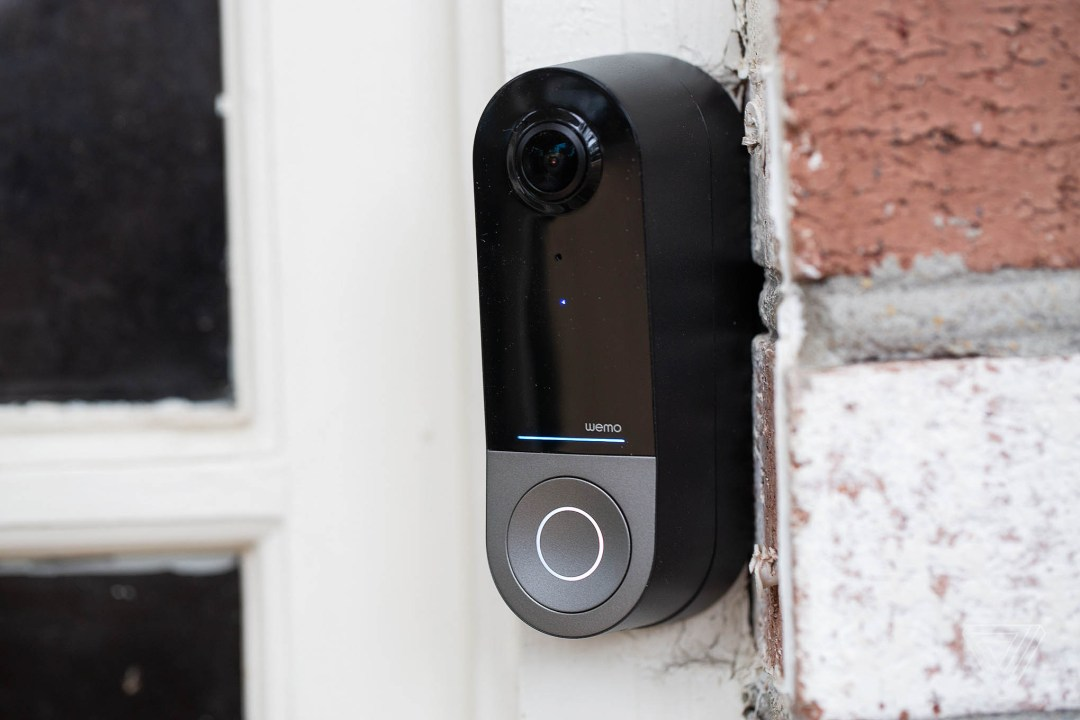Belkin Pulls Plug on Older Wemo Devices: Smart Home Dreams Dashed?

Belkin is ending support for older Wemo devices, leaving users with limited functionality. This raises concerns about the long-term viability of smart home products.
In a move that's sent ripples through the smart home community, Belkin has announced the end of support for several of its older Wemo devices. This decision leaves users of these legacy products facing a future without software updates or critical support.
The affected devices, including the original Wemo Switch, Wemo Motion, and Wemo Insight Switch, will no longer receive firmware updates or remote access capabilities after April 1, 2024. This essentially means users will only be able to control these devices locally, within their home network. The cloud-based functionality that defined their 'smart' capabilities will cease to exist.
Belkin cites the increasing complexity and cost of maintaining the cloud infrastructure for these older devices as the primary reason for the discontinuation. They argue that focusing resources on newer, more advanced products will ultimately benefit the majority of Wemo users. However, this explanation offers little comfort to those whose existing smart home setups are now facing obsolescence.
This situation highlights a critical challenge in the rapidly evolving world of smart home technology. While the promise of interconnected devices offers convenience and automation, consumers must also consider the potential for products to become unsupported as technology advances and companies shift their priorities. The move raises questions about the long-term viability and sustainability of smart home ecosystems.
Users are understandably frustrated, as they invested in these devices with the expectation of continued functionality. The reliance on cloud services for even basic operation means that once support ends, a significant portion of the product's value is lost. This incident serves as a cautionary tale for smart home adopters, underscoring the importance of understanding a product's long-term support strategy before making a purchase.
As the smart home market matures, manufacturers will need to address the issue of legacy device support to maintain consumer trust and ensure the longevity of their products. Otherwise, consumers may find themselves wary of investing in ecosystems that could become obsolete in just a few years.